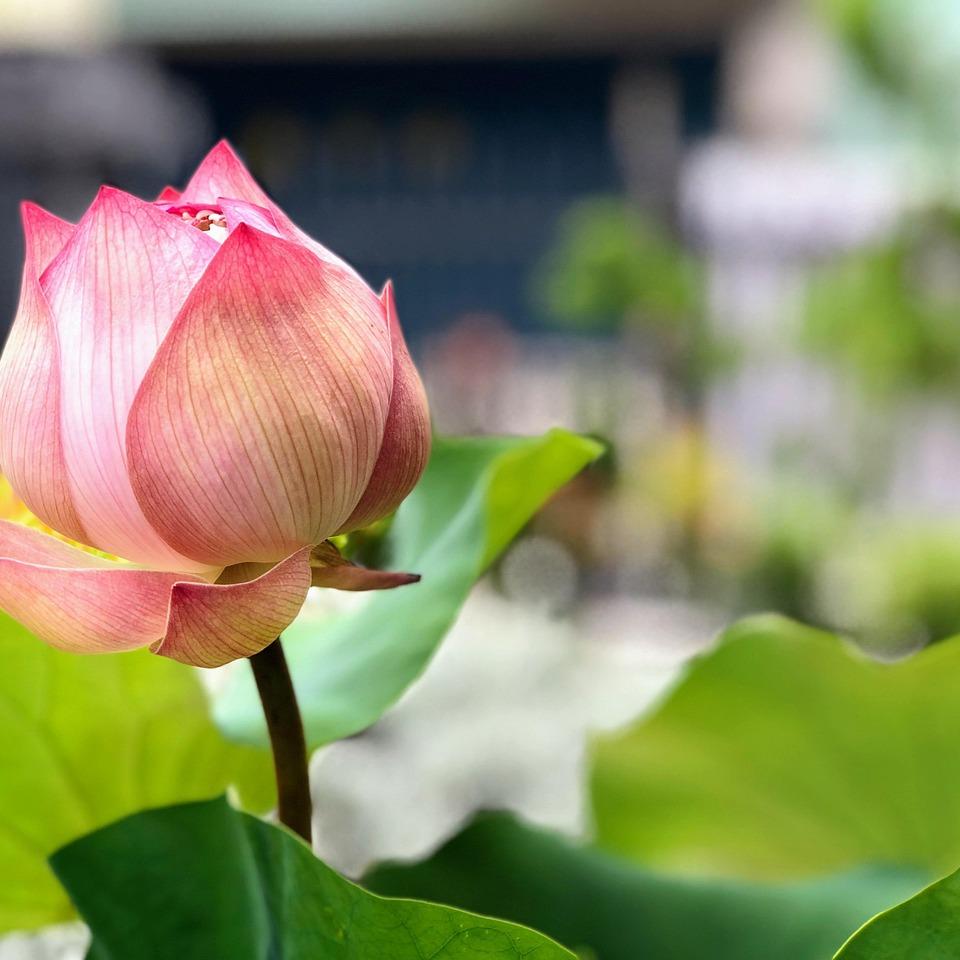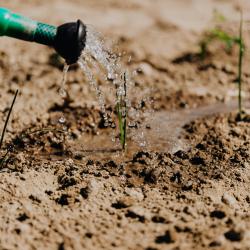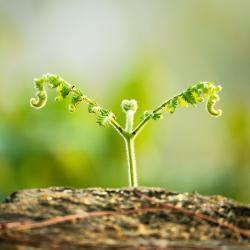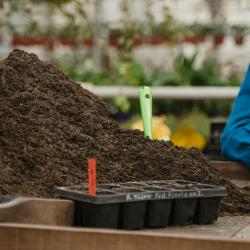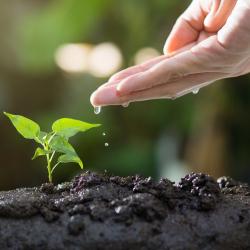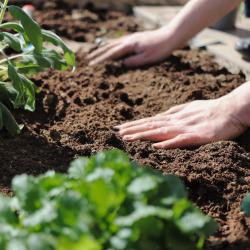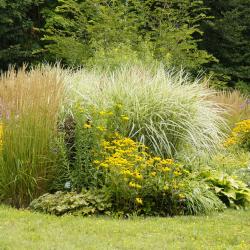Top Summer Gardening Tips for Thriving Plants
Summer is a season that brings longer days, ample sunshine, and the perfect opportunity to indulge in your garden's comforting embrace. However, with rising temperatures and unpredictable weather patterns, maintaining a vibrant and thriving garden can be challenging. Whether you're a seasoned green thumb or just starting, these top summer gardening tips will help ensure your plants flourish throughout the sunny months.
- Water Wisely
One of the most vital aspects of summer gardening is guaranteeing your plants receive adequate water. The best time to water is early in the morning or late in the afternoon, avoiding the peak heat hours to reduce evapotranspiration and ensure your plants get the moisture they need. Deep watering is also essential; aim to soak the soil to encourage deep root growth, which can help plants withstand the summer heat.
- Mulching Matters
Mulching is an excellent technique to keep your garden thriving during summer. A layer of mulch helps retain soil moisture, keeps roots cool, and suppresses weeds. Opt for organic mulches like straw, wood chips, or shredded bark to add nutrients to the soil as they break down. Apply mulch two to three inches deep around plants, ensuring it doesn't touch the stems.
- Choose the Right Plants
Selecting plants that are well-suited to your climate and soil conditions can make a significant difference in summer gardening success. Opt for drought-resistant varieties if you're in an area prone to dry spells, such as lavender, succulents, or ornamental grasses. Native plants are often more resilient to local weather conditions and pests, making them an excellent choice for a low-maintenance, beautiful garden.
- Pruning and Deadheading
Regular pruning and deadheading are crucial to encourage healthy growth and continuous blooming. Remove spent flowers and cut back any overgrown or dead stems. This practice not only improves the plant's overall appearance but also redirects energy towards new growth and blooms. Remember to sanitize your tools between plants to prevent disease spread.
- Feed Your Plants
Summer is a period of rapid growth, and your plants may need extra nourishment to thrive. Use a balanced, slow-release fertilizer to provide essential nutrients throughout the season. Be mindful of over-fertilizing, as it can lead to excessive foliage growth with diminished flowering. Pay attention to each plant's specific needs—vegetables might need more phosphorus, while flowering plants can benefit from potassium-rich fertilizers.
- Protect from Pests
Warm weather can attract a host of garden pests. Stay vigilant by regularly inspecting your plants for signs of infestation, such as discoloration or holes in leaves. Encourage beneficial insects like ladybugs and predatory wasps, which help control pest populations. For severe infestations, consider organic pest control options like neem oil or insecticidal soap.
- Shade Provision
Intense summer sunlight can scorch delicate plants. Providing temporary shade can be beneficial, especially for young or delicate specimens. Use shade cloths, umbrellas, or strategically placed taller plants to protect sensitive species. Be sure to acclimate new plants gradually to the sun's intensity to prevent shock or sunburn damage.
- Monitor Plant Health
Summer heat can exacerbate plant stress, leading to diseases like powdery mildew or root rot. Keep an eye out for abnormal leaf spots, wilting, or unexpected growth patterns. Address issues promptly by removing affected foliage, improving air circulation, and enhancing drainage if necessary.
- Regular Maintenance
Regular garden maintenance goes a long way in ensuring all your hard work doesn't go to waste. Weed frequently to eliminate competition for nutrients and water, and inspect your irrigation systems to ensure they function properly. Consistent attention will help you spot potential problems early and keep your garden in top shape all summer long.
- Enjoy the Harvest
Finally, remember to enjoy the fruits of your labor. Harvest vegetables and fruits regularly to encourage more production and share the abundance with family and friends. Freshly picked produce is one of the many rewards of a thriving summer garden.
In conclusion, a successful summer garden requires a strategic approach to watering, careful plant selection, diligent maintenance, and ongoing monitoring. By following these tips, you can create an oasis of beauty and bounty that thrives under the summer sun. So get your hands in the soil, embrace the season's warmth, and watch your garden grow!
